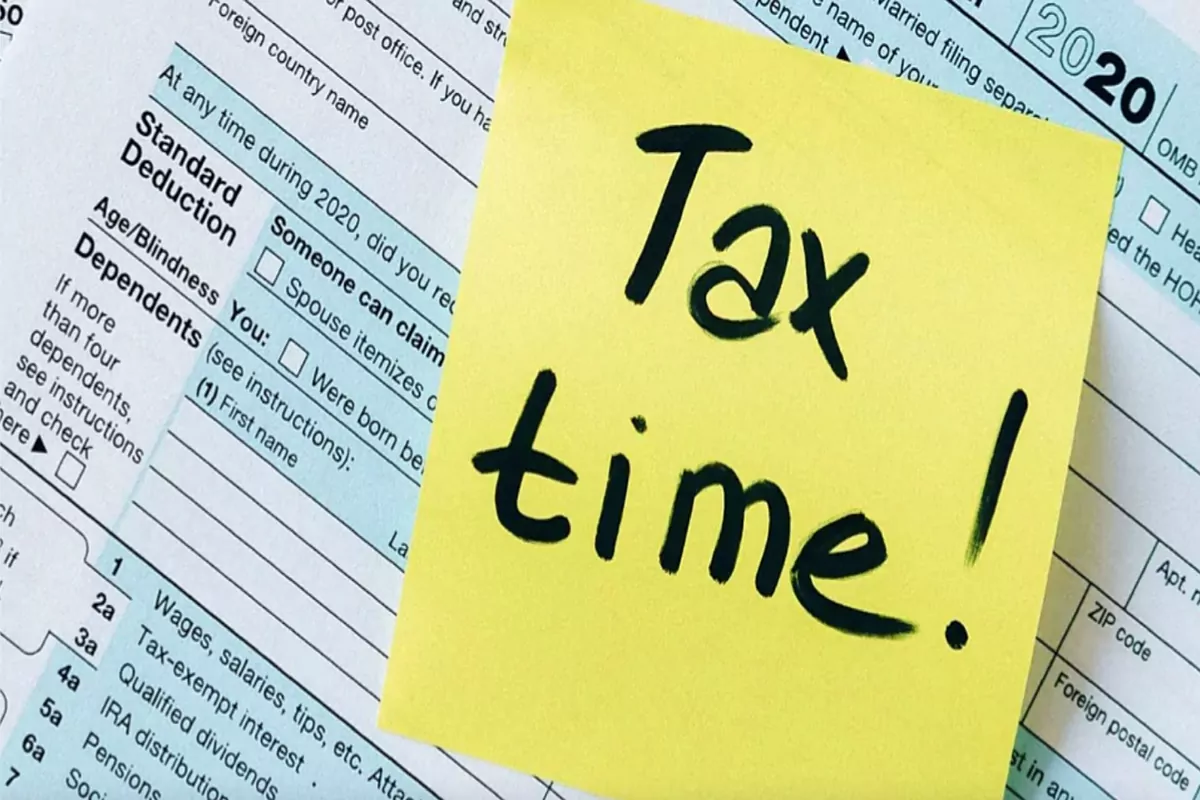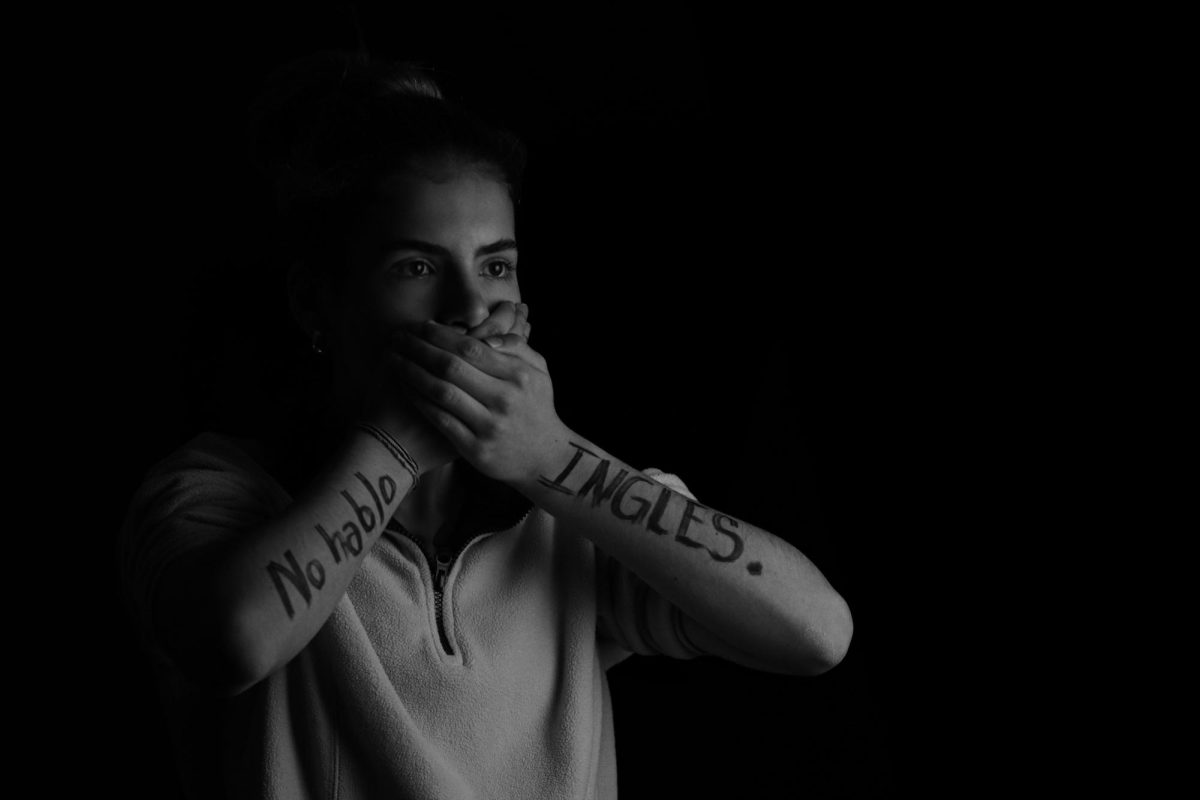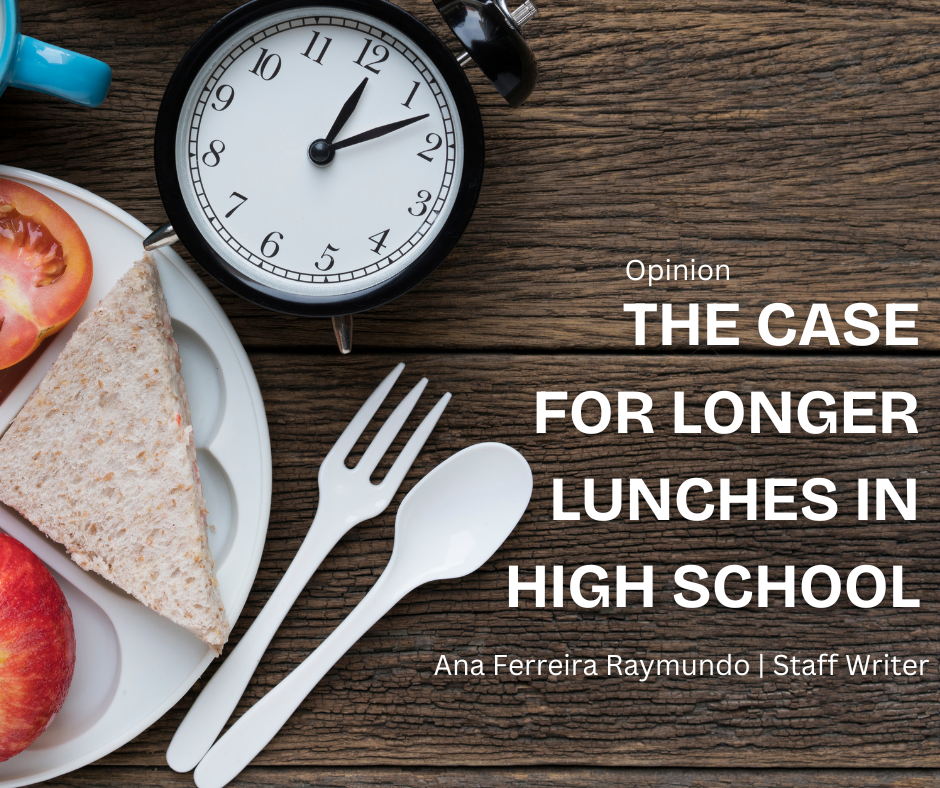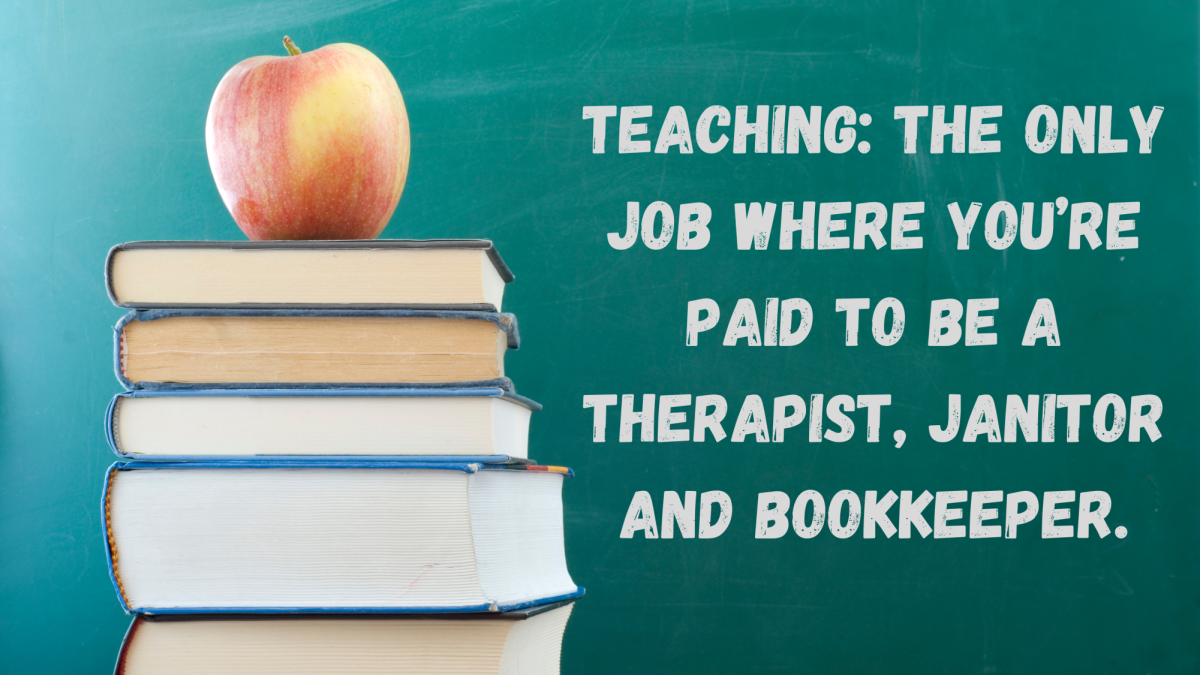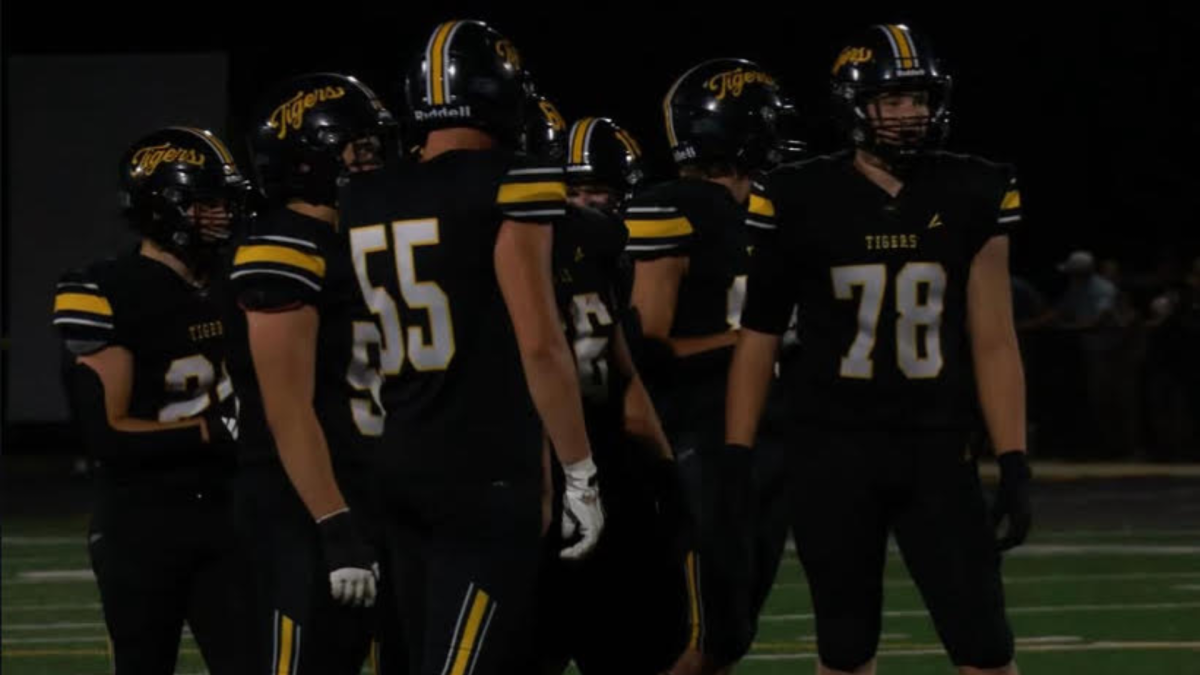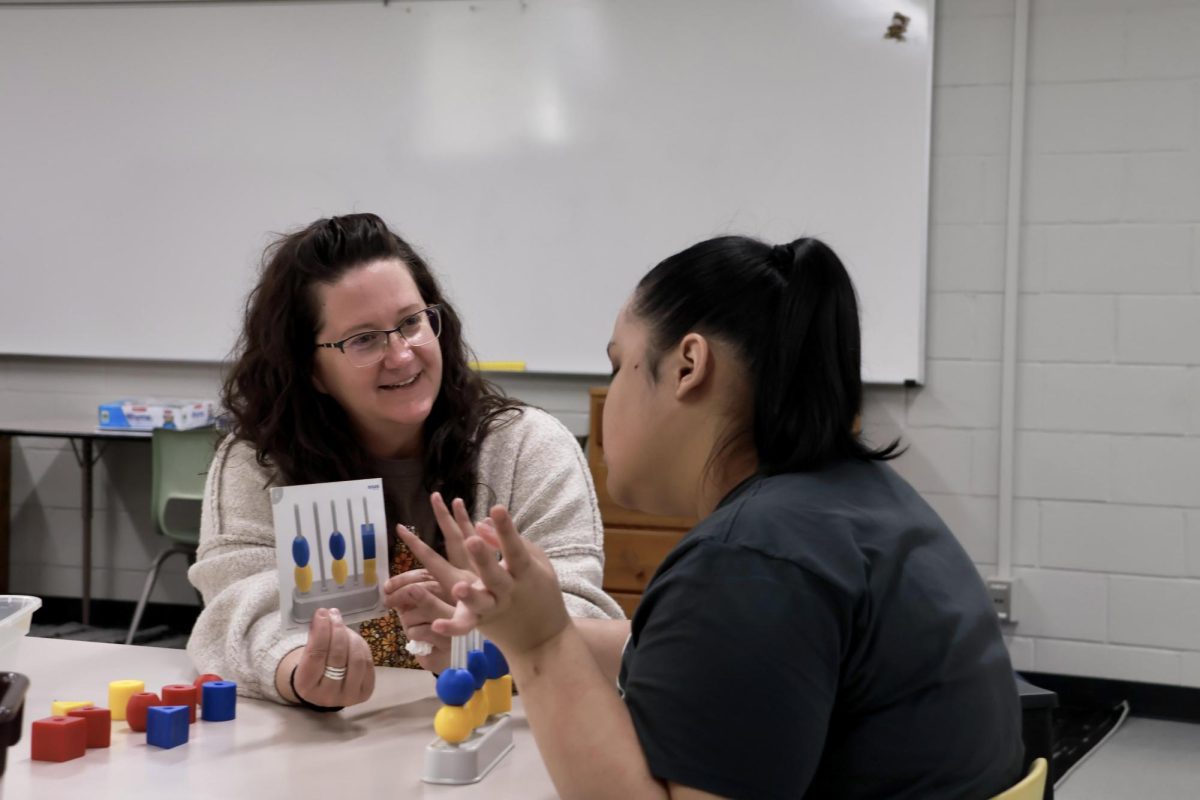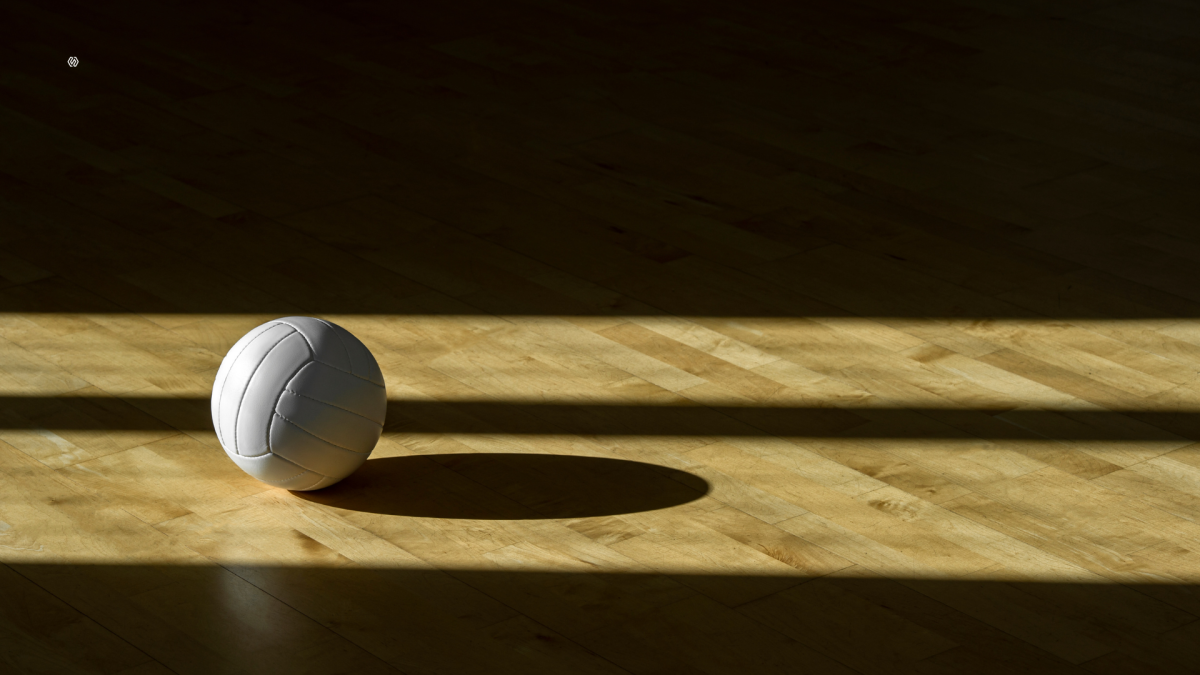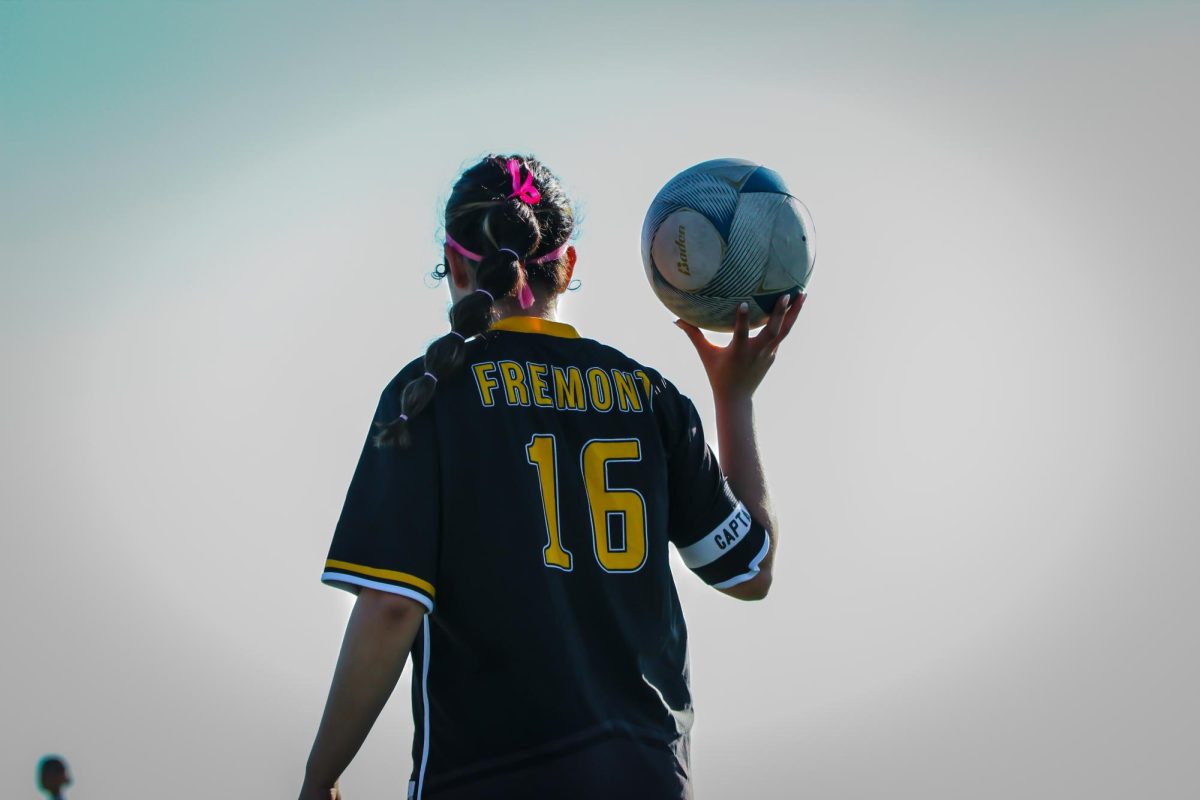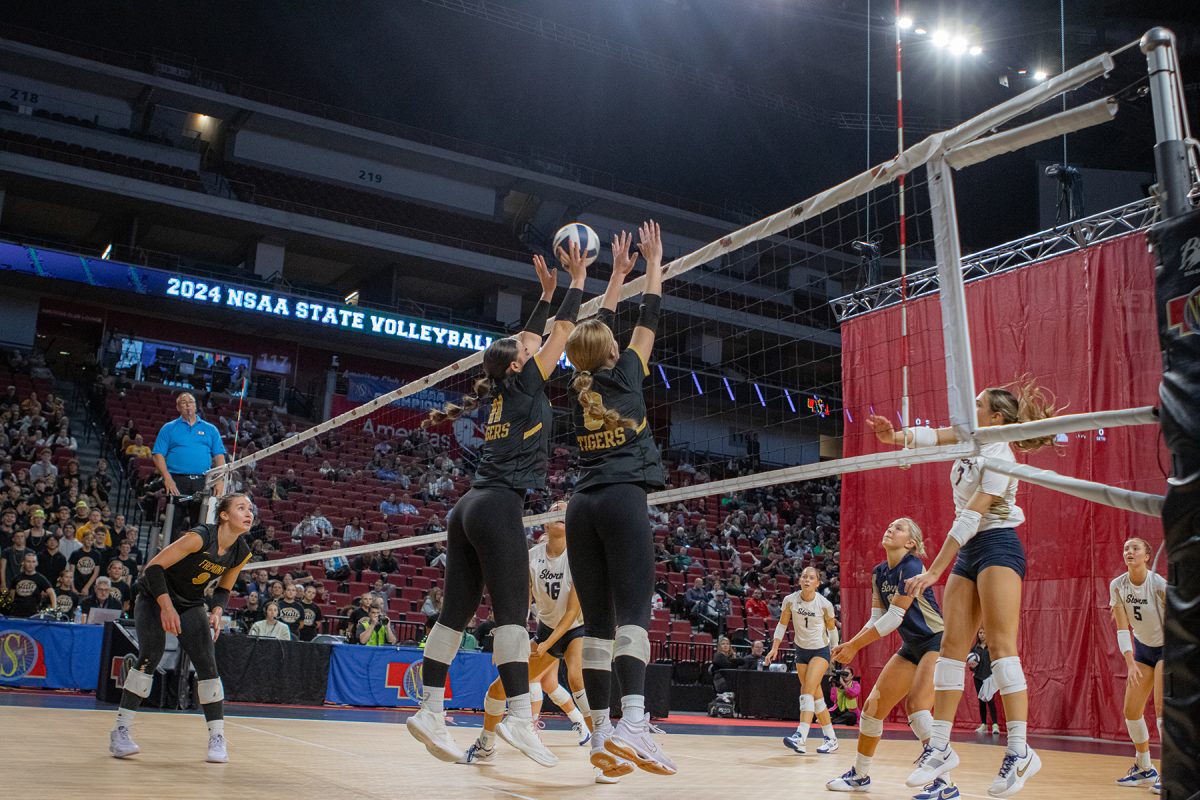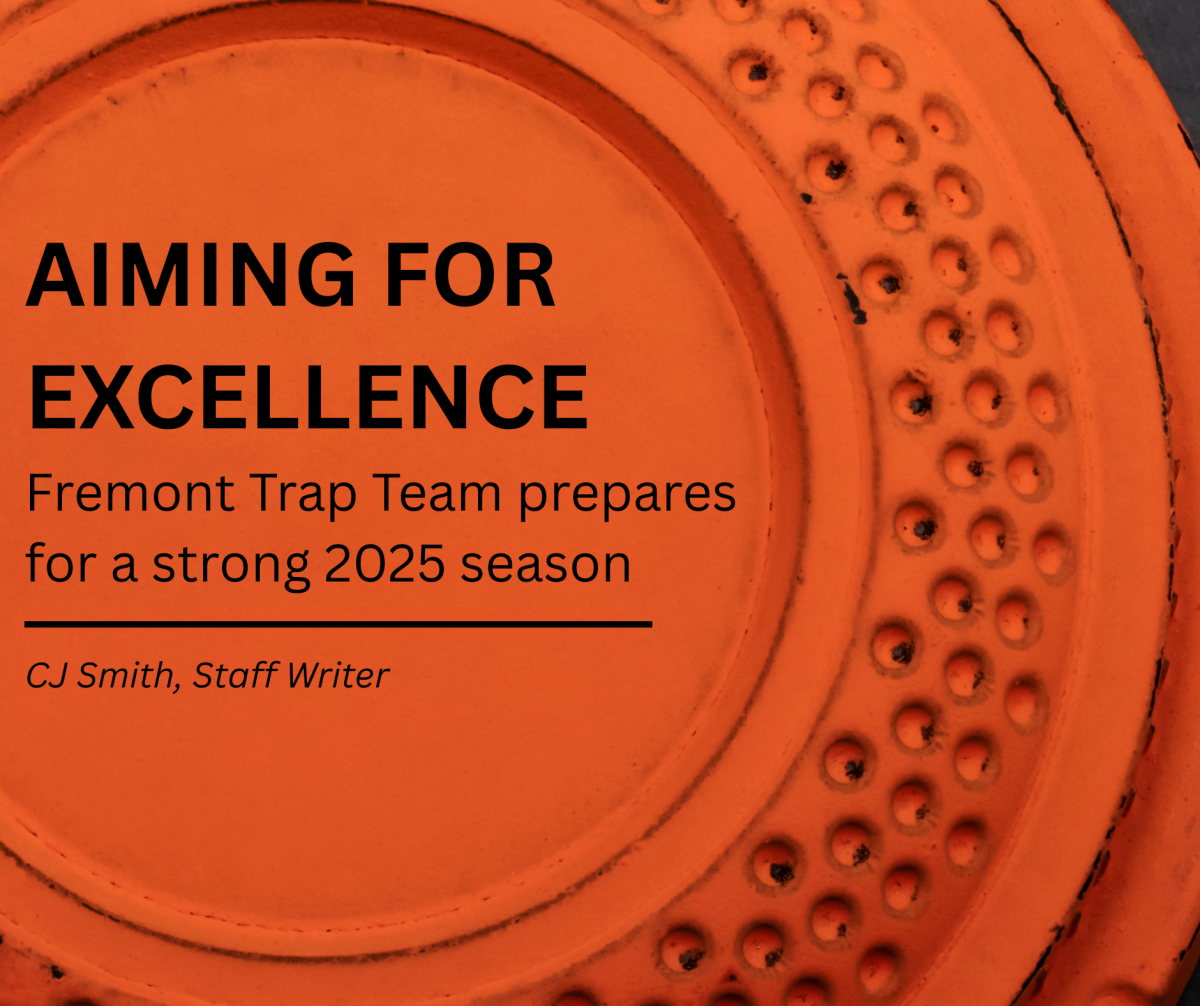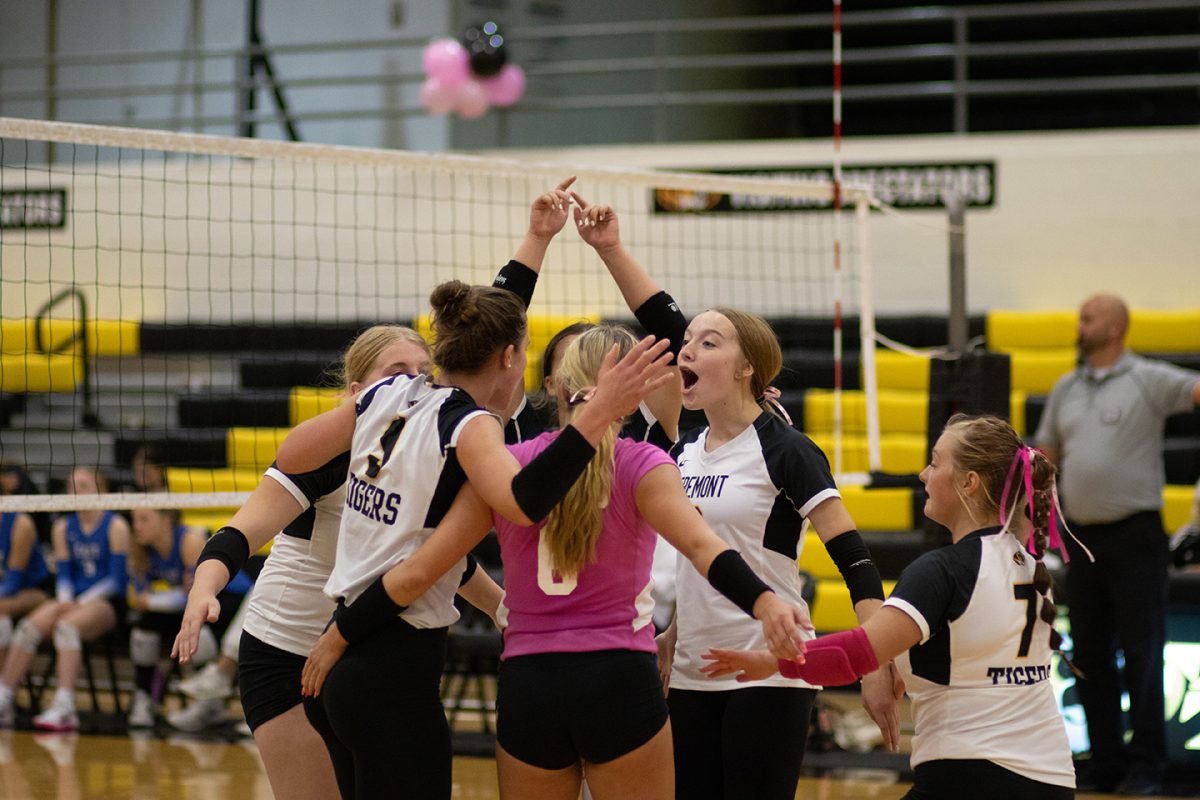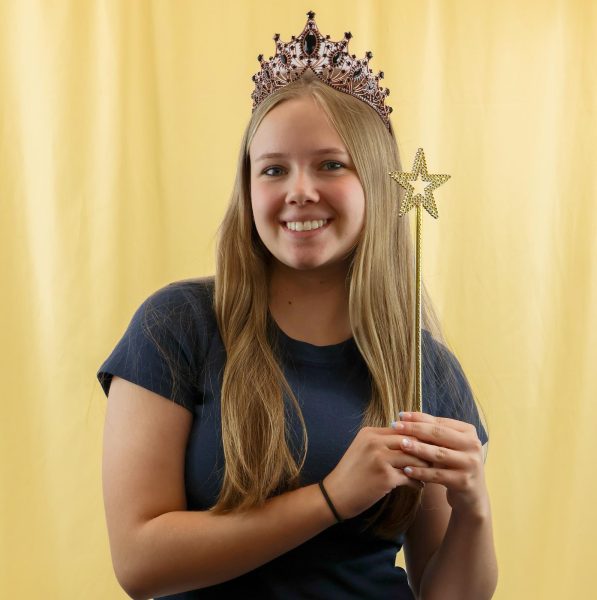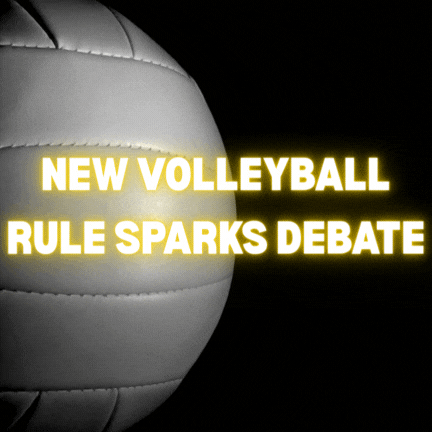
In the world of sports, the rules help guarantee consistency from game to game; however the rules, though rare, can change and evolve over time. In January of 2024, a new Double Contacts rule was approved, allowing double touching the ball on the second play. The new rule intends to achieve longer rallies, continue play, and build suspense. The NCAA’s rule change leaves players wondering about the future of the game. Some see the new rule as an opportunity, I see it as a disadvantage and an advantage; while others view it as a setback.
Sophomore and setter for Fremont’s varsity volleyball team Camryn Brandt isn’t a fan of the new rule. Brandt says it relaxes, allows anyone to set the ball, and lowers the standard of setting and volleyball. Brandt feels that setting is a hard task and requires a lot of hard work. She also argues the rule isn’t fair because more referees enforce it while others don’t.
If all referees enforced the rule consistently, the game would be fairer. One positive thing about the rule is that there will be more continuous play and longer rallies and the play won’t stop just because of a double touch. Another drawback is that anyone can take the second ball and play it however they choose. The rule has changed Brandt’s perspective on the game; since she was little her life has revolved around volleyball and the rules that have applied. Now that they’ve changed, she feels that parts of her training were pointless. “Even though a new rule was applied, I will continue to work hard and be the best player I can and will not follow the new rule” says Brandt.

During games, she still follows the old rule. If she touches the ball twice in one play, she realizes right away what she did because of how accustomed she is to setting without doubling. Brandt quickly corrects her mistakes to perfect her touch on the ball.
Sophomore Alexa Pizarro is a setter for the junior varsity and reserve squad at Fremont High School. She is happy with the new rule because if a pass is slightly off, and the set isn’t “perfect”, it won’t count against her team. As long as the ball stays on her side of the net before the third hit, the play will be fine. In her opinion, the rule is fair because it helps to achieve longer rallies, but is also obstructive because if the player rely just on the rule instead of improving their touches, it won’t help them in the long run. This rule helps players who aren’t setters.
A positive aspect about the new rule is if the players accidentally double, the play won’t be stopped. A downside to this rule is that players could rely on the rule too much instead of working on improving their skills. This can lead to the play being sloppy and players learning bad habits.
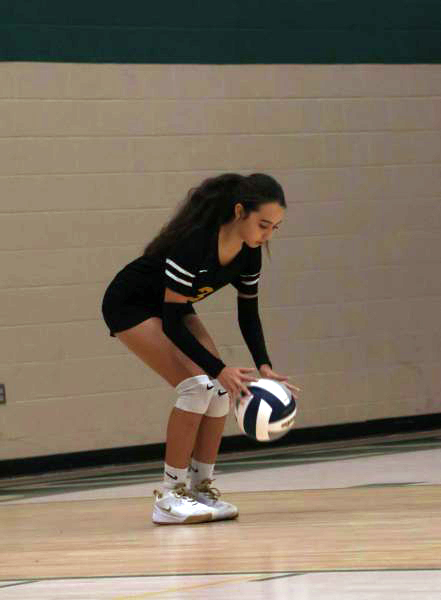 “I believe making clean, smooth sets is much more important than just depending on the new rule,” Pizarro said.
“I believe making clean, smooth sets is much more important than just depending on the new rule,” Pizarro said.
This rule has made players like Pizarro more lenient because small mistakes like doubling won’t cost the team the point. This rule makes Pizarro think about teamwork and keeping the rally alive, rather than worrying about a single touch.
Freshman Saylor Winn is a setter for the freshman/reserve squad at Fremont High School. She likes the new rule because she knows that not every set she gives is going to be perfect. She knows she isn’t perfect and that even if she tries her hardest, she cannot always get the ball to do what she wants it to. She likes that if you accidentally double in a game, you won’t get called for it, and you can fix it right away. “Not being called for doubling in a game reassures me,” says Winn.
Winn thinks the new rule is fair because if you’re not a setter and you need to take the second ball, you do not need to worry about whenever you set the ball to give the ball to the other team and cost your team the point. If you are not used to setting, you don’t need to worry about costing your team the point; you just think about getting the ball to your teammate. The good things about the new rule are that it will show that not every setter is perfect and the players will make mistakes. Instead of worrying about being perfect, they can worry about whether or not they give the ball to their teammate. The downside about the new rule is that some setters might not care about giving their teammates a good set, and instead just turn out to be lazy, not care, and think it’s okay to double.
Winn is still working on her setting skills and she knows that she isn’t going to be a perfect setter. She is going to make mistakes and her perspective of not getting called for doubles will help her throughout the season to perfect her setting skills. Because of this new rule, she wants to be the best she can be at setting. During games, Winn knows when she has doubled, and when she does, she goes into the next game knowing how she is going to fix it. 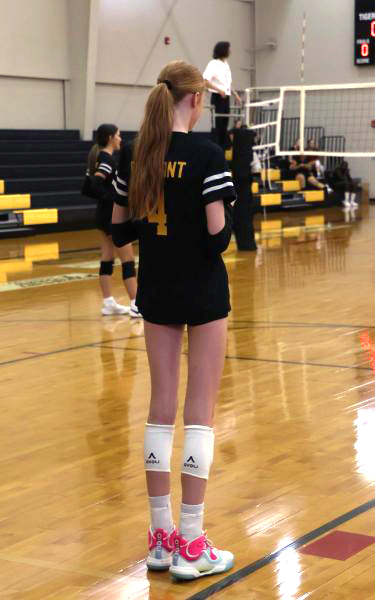
The takeaway is that volleyball requires constant practice. Even when you practice and work super hard, you never can perfect something. Technique and practice are what defines a good player and what sets players apart from each other. Setting is one of the hardest skills in volleyball and the players who aren’t setters may never really understand that.



